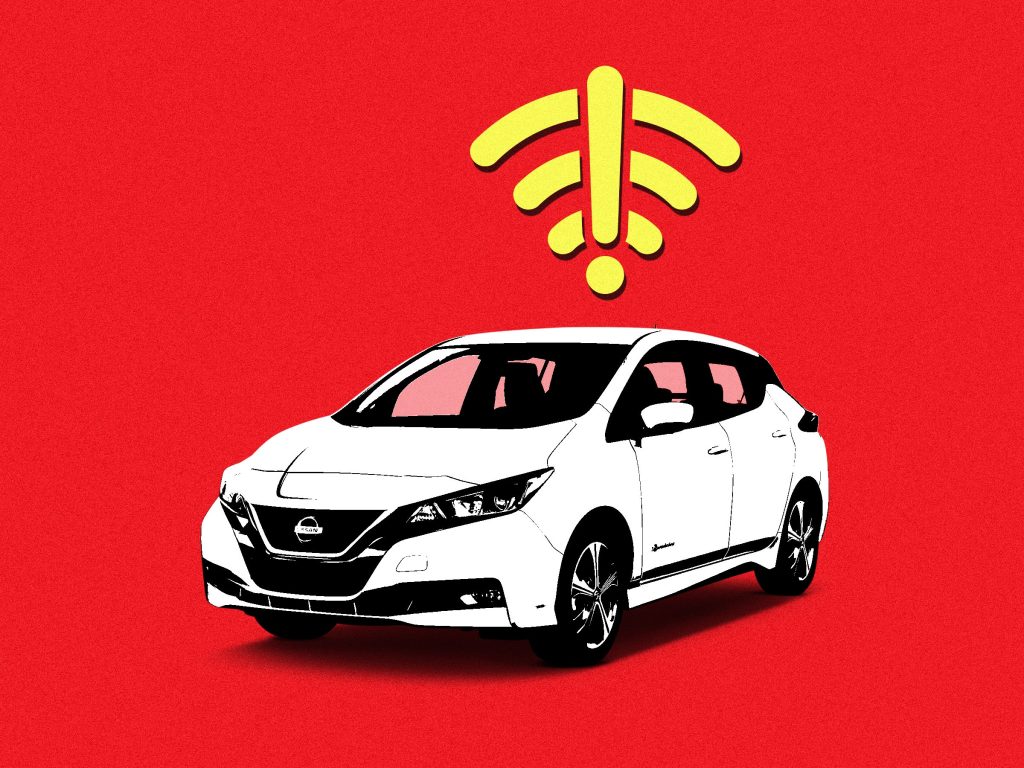Cars Are Rolling Computers Now. So What Happens When They Stop Getting Updates?
In today’s world, cars are no longer just vehicles that get us from point A to point B. They are rolling computers, equipped with advanced technology that enhances our driving…

In today’s world, cars are no longer just vehicles that get us from point A to point B. They are rolling computers, equipped with advanced technology that enhances our driving experience in numerous ways.
One of the most crucial aspects of these computerized cars is their regular software updates. Just like our smartphones and laptops, cars also require updates to ensure optimal performance and security.
However, what happens when these updates stop coming? This can be a major concern for car owners, as outdated software can lead to various issues, including vulnerabilities to cyber attacks.
Without regular updates, cars could potentially become unsafe to drive, with their systems unable to keep up with the latest technologies and safety standards.
Moreover, outdated software could also affect the functionality of various features in the car, such as the infotainment system, navigation, and driver-assist features.
Manufacturers may also stop providing updates for older car models, leaving owners with no choice but to either continue driving with outdated software or invest in a new vehicle.
Ultimately, the lack of updates for cars could pose serious risks to both the drivers and other road users, highlighting the importance of staying current with software patches and upgrades.
As cars continue to evolve into sophisticated computers on wheels, it is essential for manufacturers to prioritize the continued support and maintenance of their software to ensure the safety and functionality of their vehicles.
In conclusion, the implications of cars not receiving updates can be far-reaching and potentially dangerous, underlining the need for car owners to stay vigilant and proactive in maintaining the software of their vehicles.




